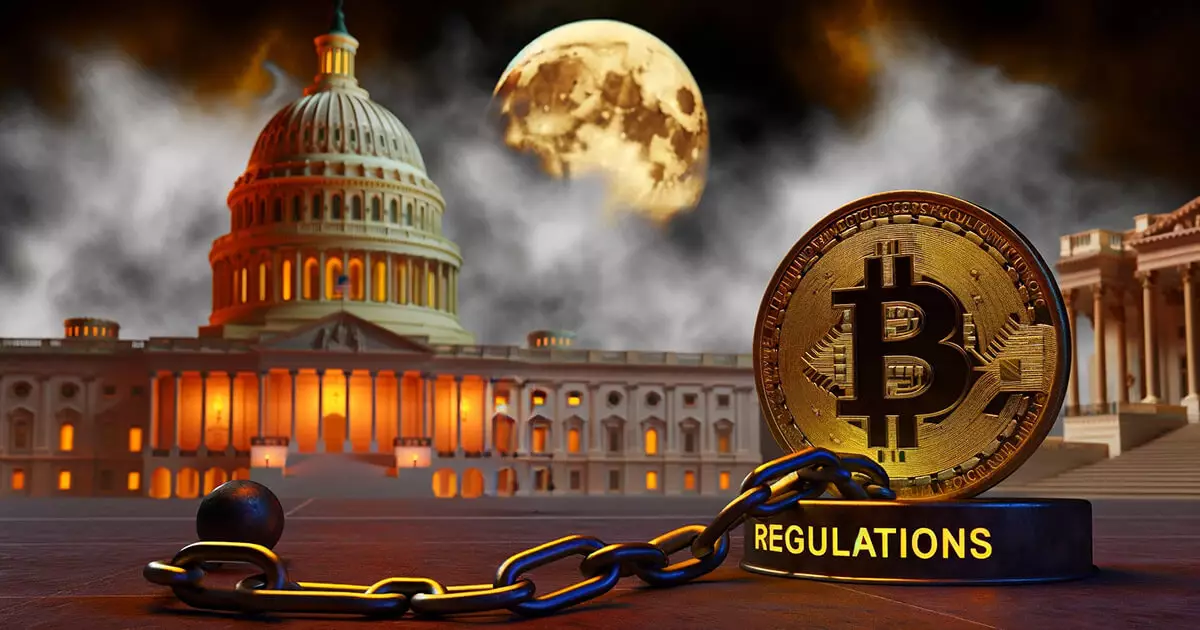With the anticipation of the Bitcoin ETF approval, there is a growing concern among investors regarding the potential shift towards centralized custody by major institutions such as Goldman Sachs and JP Morgan. While many in the Bitcoin community welcomed the ETF approval as a bullish sign, there is a looming threat of counterparty risk that goes against the very essence of Bitcoin’s innovation. Instead of individuals holding their own bitcoins, the ETFs will offer paper certificates, stripping away the core principle of self-custody.
Senator Elizabeth Warren’s proposed bill, the Digital Assets Anti-Money Laundering Act, poses a significant threat to self-custody and privacy in the cryptocurrency industry. The bill, if passed, would require investors to rely on centralized institutions for custody, contradicting the decentralized nature of Bitcoin. The prohibition of digital asset mixers and the enforcement of AML policies on self-hosted wallets, miners, and validators could have severe implications for consumers and the industry as a whole.
The potential outlawing of self-custody in the US could mark a significant setback for the country in terms of financial innovation. The essence of Bitcoin lies in the ability for individuals to hold and control their own funds without the need for intermediaries. By removing self-custody, the US risks falling behind in the global market as other regions, such as Asia and Europe, embrace clear regulations and foster innovation in the crypto space.
Reigniting the Fight for Financial Freedom
As the battle over self-custody intensifies, the core principles of Bitcoin are being put to the test. The need to uphold financial sovereignty and preserve the essence of decentralized finance is becoming more crucial than ever. The industry may need to shift its focus from regulatory battles over tokens to a broader fight for the right to hodl and control one’s own assets.
With the US facing a potential crackdown on self-custody, the landscape of the cryptocurrency industry is at a crossroads. The decisions made in the coming months could not only impact the future of Bitcoin in the US but also have far-reaching implications globally. As regions like Europe embrace clear regulations with initiatives like the Markets in Crypto-Assets (MiCA) regulation, the US risks falling behind in fostering innovation and driving economic growth in the digital asset space.
The future of Bitcoin in the US hangs in the balance as the industry grapples with the looming threats of centralized custody and regulatory crackdowns on self-custody. The core principles of financial sovereignty and decentralized finance are at stake, and the decisions made in the coming months could shape the future of the industry for years to come. It is essential for stakeholders to come together to fight for the preservation of self-custody and uphold the foundational values of Bitcoin as a tool for financial empowerment and freedom.


Leave a Reply